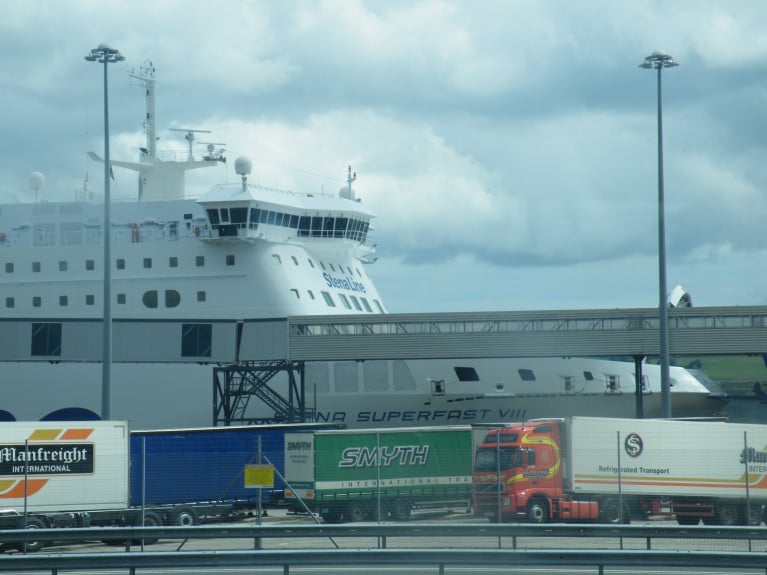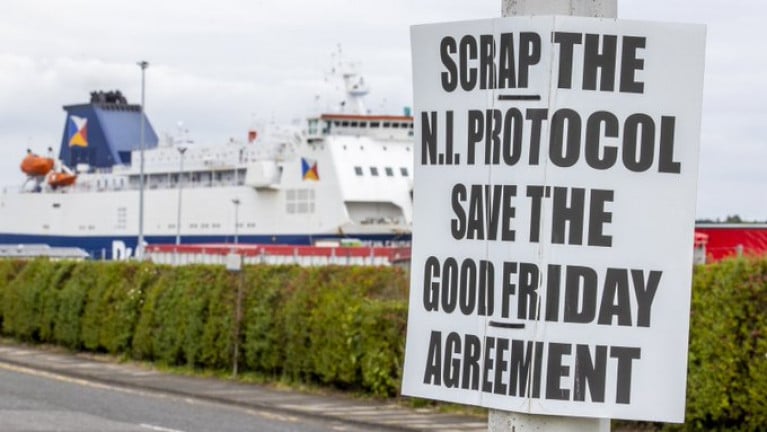Displaying items by tag: UK Protocal Plans
Strong Response EU Threatens to UK Protocol Plans
Senior figures from EU member states have threatened a strong response to the UK's legislation.
German Chancellor Olaf Scholz yesterday hinted at trade measures against the UK, while the EU's chief negotiator, Maroš Šefčovič, said the European Commission could resume legal action against London.
Mr Šefčovič will brief members of the European Parliament later today.
Last night, one senior EU figure after another denounced the UK bill that would tear up the protocol.
Mr Scholz said the EU had its entire toolbox at its disposal, in other words, the EU could take retaliatory trade measures.
Senior Italian, Dutch and Austrian ministers all accused the UK of threatening to break international law.
The European Commission waited until the bill was laid before the House of Commons before responding.
Mr Šefčovič said the EU would not renegotiate the protocol.
More from RTE's report with business leaders sounding a note of caution.
The legislation on the Northern Ireland Protocol published by the British government yesterday, has been decribed by the Taoiseach as "anti-business and anti-industry".
Speaking on his way into Cabinet this morning, Micheál Martin said the action by the UK represented a "fundamental breach of trust".
He said he did not believe that the legislation was well thought out and does not represent the realities facing Northern Ireland businesses.
Mr Martin said that NI businesses were performing well under the protocol and called on the UK to resume negotiations.
However, he warned that there was an issue around trust, with "a lot" of EU leaders now concerned that the UK government cannot be relied upon to uphold any future agreements.
Minister for Foreign Affairs Simon Coveney said the controversial plans to override the protocol were a "new low" for British-Irish relations in the past 25 years.
Much more RTE News reports on this including reaction from the London Chamber of Commerce.






























































